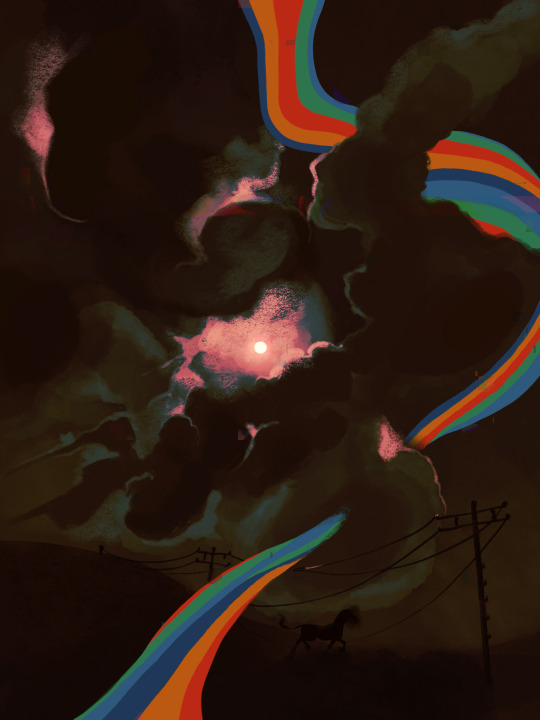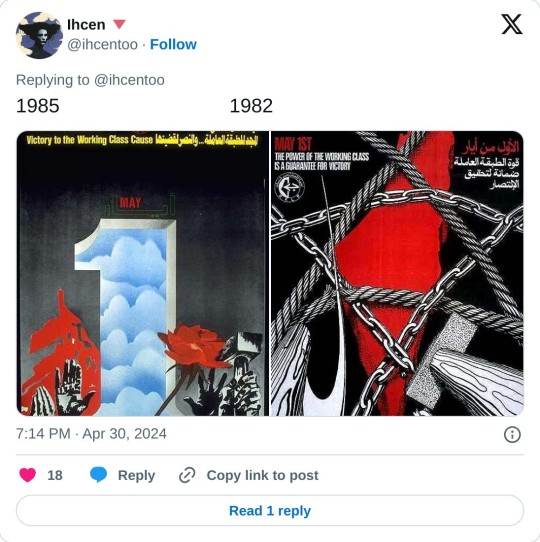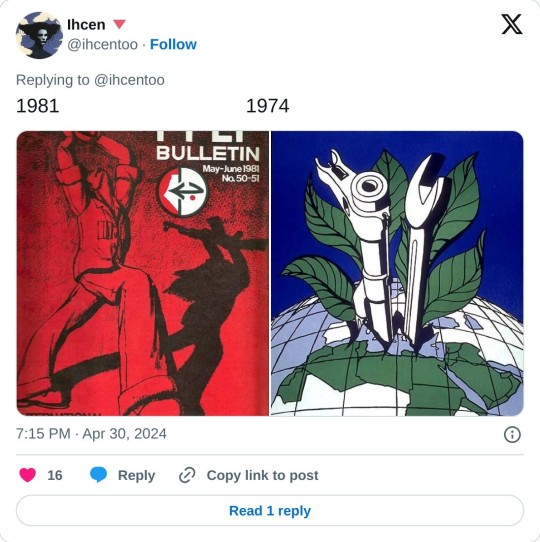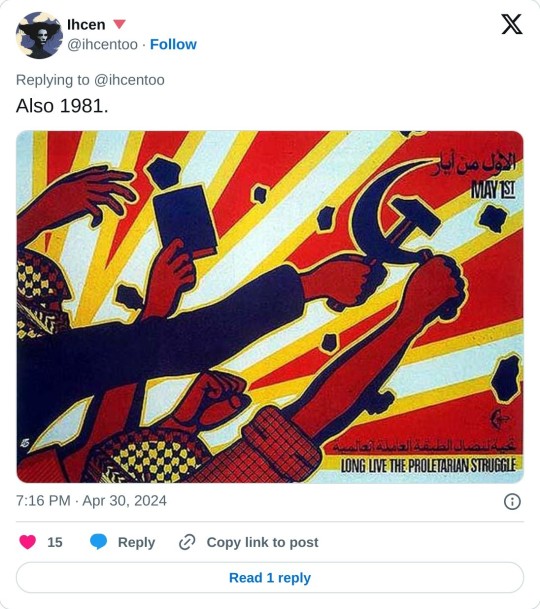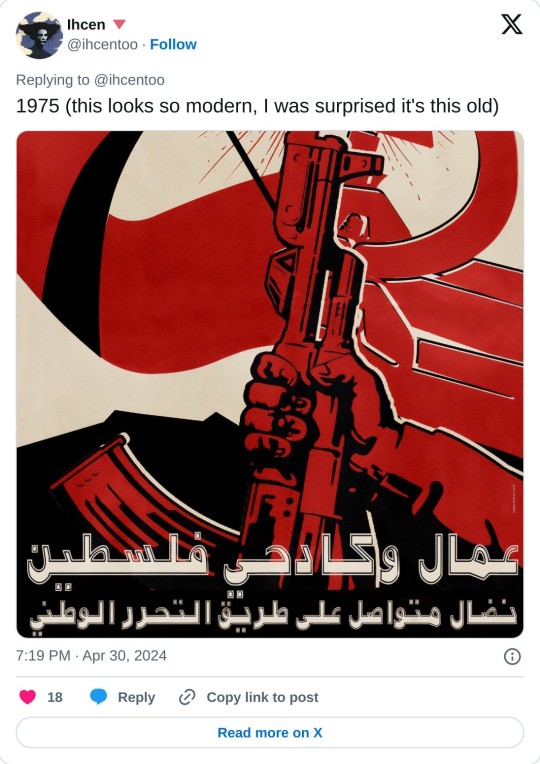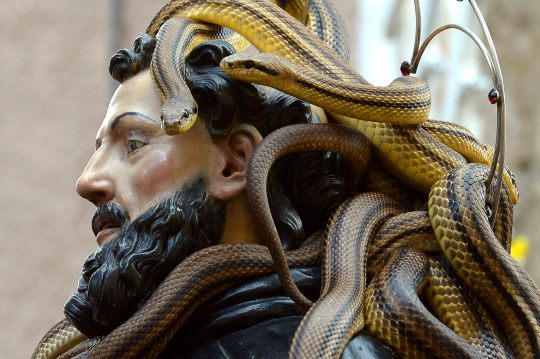Text
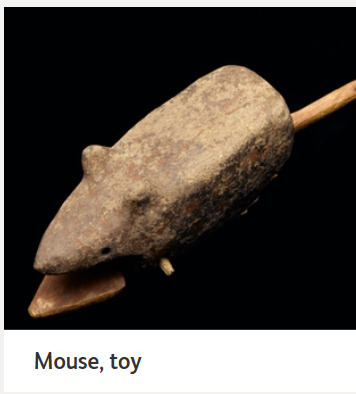
ancient egyptian mouse toy you will always be famous
8K notes
·
View notes
Text



A PALESTINIAN CITIZEN AND HIS DOG FROM GAZA RAISES THE VICTORY SIGN FROM INSIDE HIS DESTROYED HOME. X
29K notes
·
View notes
Text
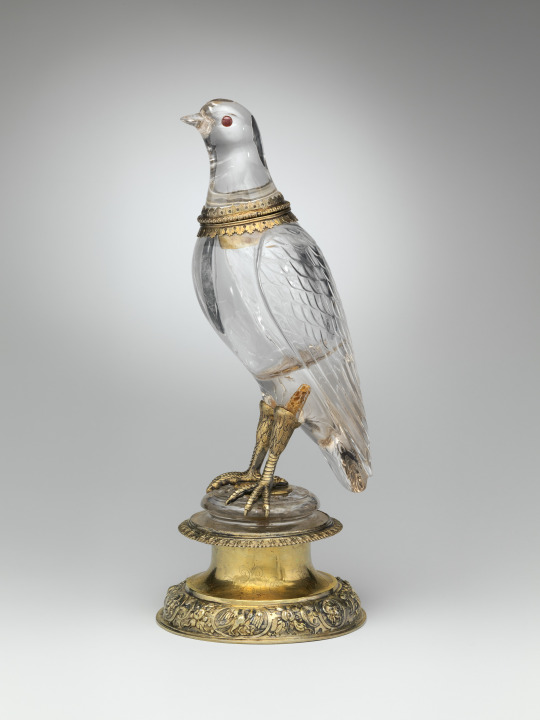

Gilded silver and rock crystal vessel, crafted in Nuremberg, Germany, circa 1580
from The Metropolitan Museum of Art
3K notes
·
View notes
Text
College friendship is sending one of your friends who's graduating soon a giant list of monster theory and gothic horror academic reading recs so they can download as many PDFs as possible before they lose their university database access
6K notes
·
View notes
Text
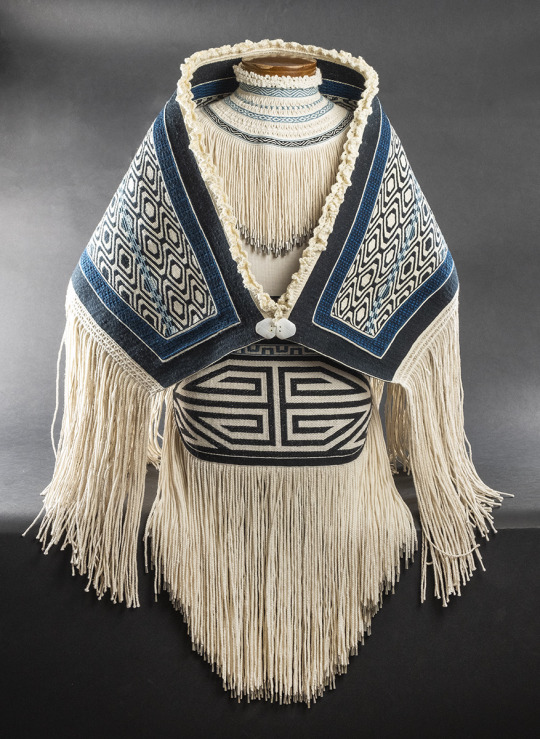
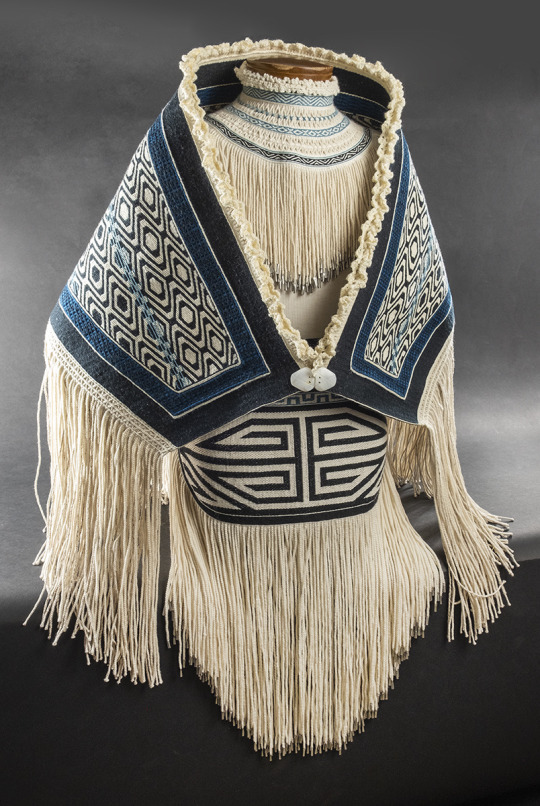
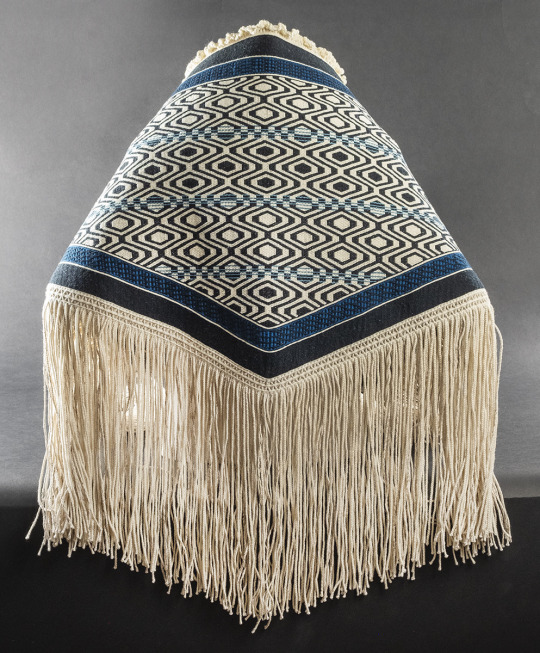
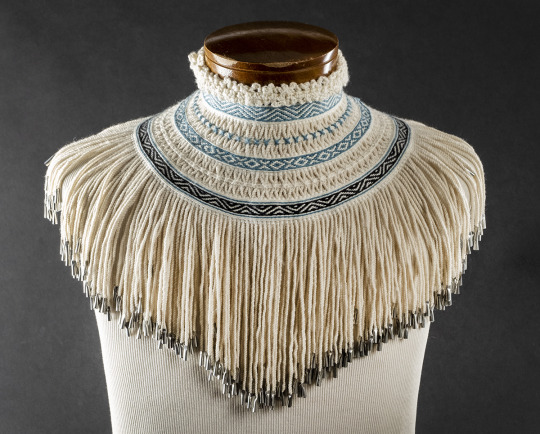
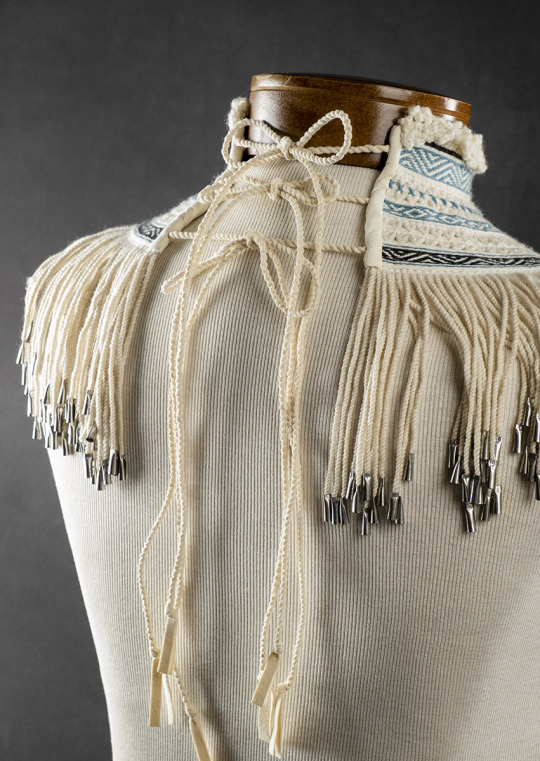
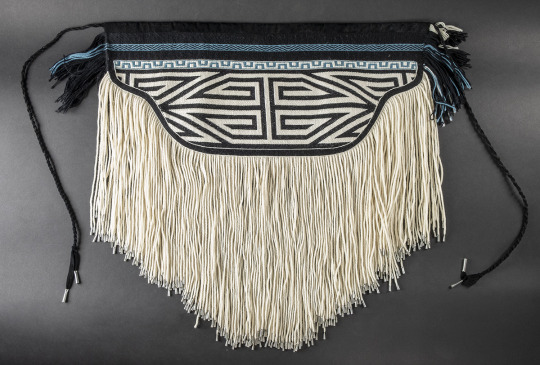
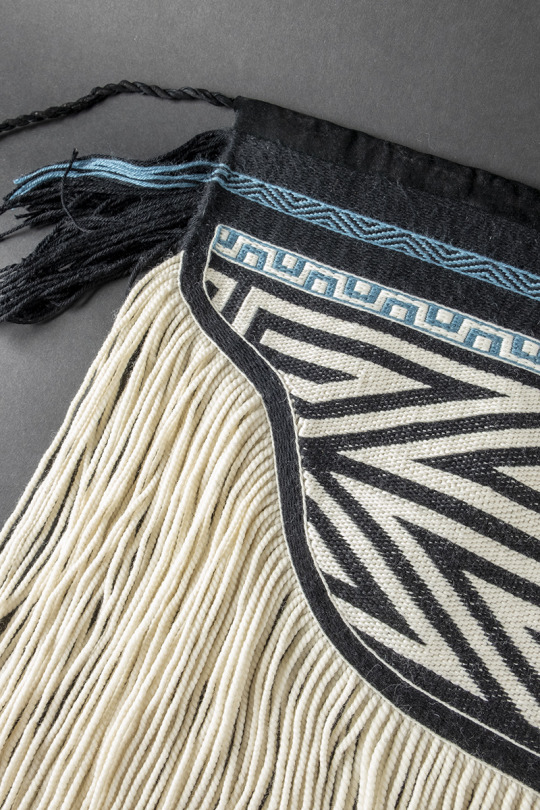
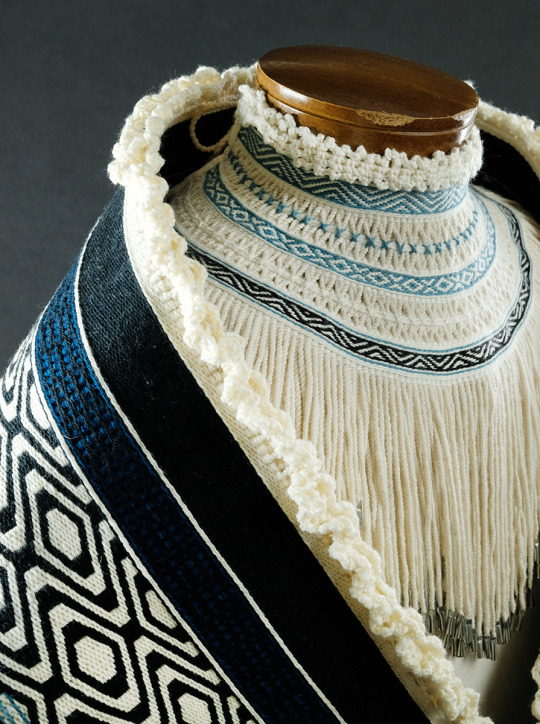

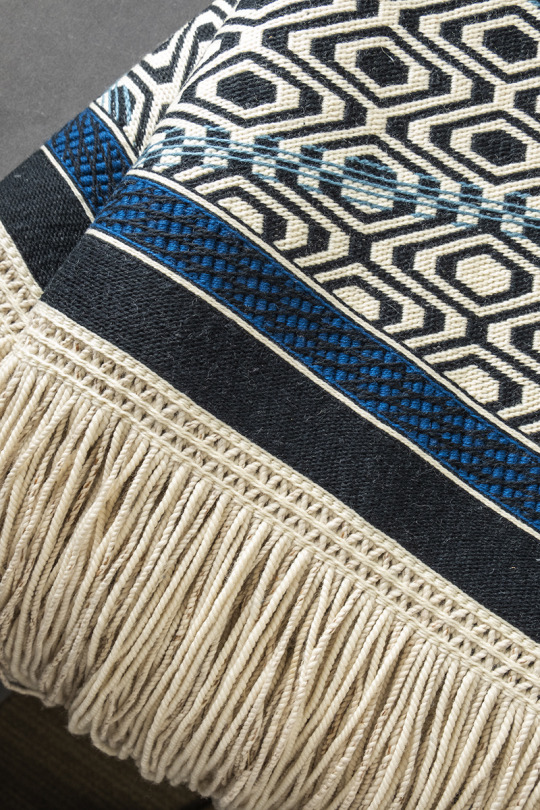
We Are The Ocean
Ursala Hudson (Tlingit/Filipino/German)
collar: merino wool, silk, steel cones, leather. ravenstail patterns, crochet, basketry twining technique. Woman as a Wave shawl: merino wool, silk, cedar bark. chilkat and ravenstail patterns, crochet, basketry twining technique. Tidal apron: merino wool, silk, leather, steel cones. chilkat and ravenstail patterns.
“We Are the Ocean is an ensemble comprised of a collar, apron (entitled Tidal), and shawl (entitled Woman as a Wave). The collar and bottom edge of the shawl are twined using a basketry technique to bring delicacy to the regalia, made specifically to emphasize the wearer’s feminine essence. In place of the sea otter fur that traditionally lines the top of Chilkat and Ravenstail weavings, the merino weft yarns were used to crochet the collar and shawl’s neck lines, bringing forward and incorporating a European craft practiced by both my maternal (Tlingit/Filipino) and paternal (German) grandmothers. The high neck of the collar gives tribute to the Western aesthetics that have forever influenced the Indigenous cultures of our lands; with grace, we embrace that which cannot be undone, and use our new form to be better. The apron’s pattern was studied and graphed from an old Tlingit cedar bark basket, and represents the tides of our lives, as our lessons continue to arise in a revolving cycle, yet made of new debris. The repetitive pattern of the shawl represents the infinite connectedness of our sisters, mothers, aunties, and daughters. Blue lines break up inverted rows, representing the “past,” “present,” and “future,” acknowledging these concepts as irrelevant constructs that fall away when we commune with the Divine. The entire ensemble is worn to evoke the innate spirit of the Woman as an ethereal deity, that resides within us all.”
395 notes
·
View notes
Text
worst part about getting angry is how much it makes you want to be mean
150K notes
·
View notes
Text
"adblockers arent allowed on youtube" that's cute. outta the way
25K notes
·
View notes
Text
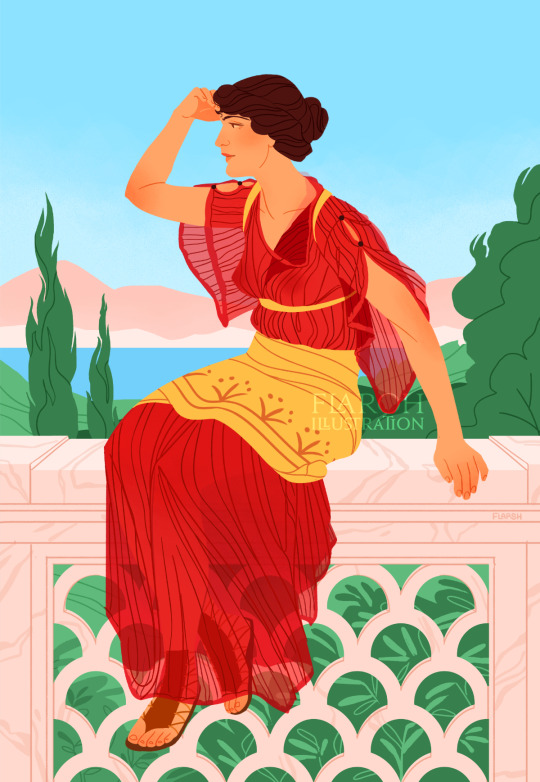


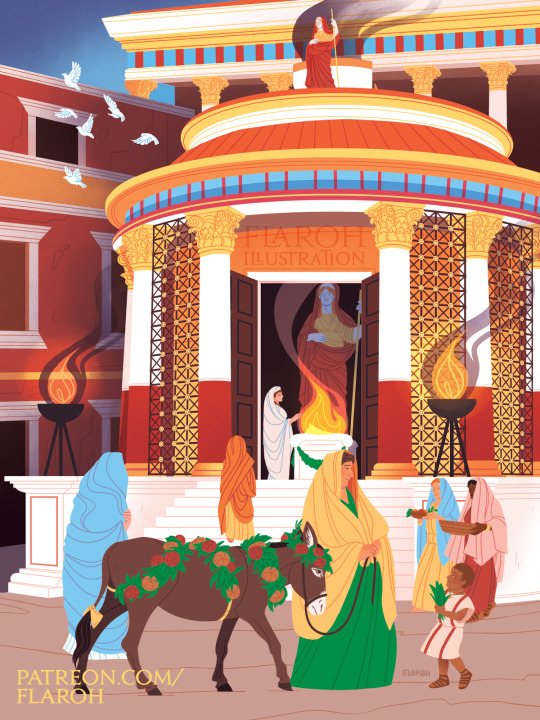

Celebrating ancient women today on the Bona Dea 🥰🌿
On May 1st, Roman women venerated the goddess Bona Dea (the Good Goddess)! Men were not allowed at these rites, so much of the details, including the goddess' real name, are lost to history…
901 notes
·
View notes








